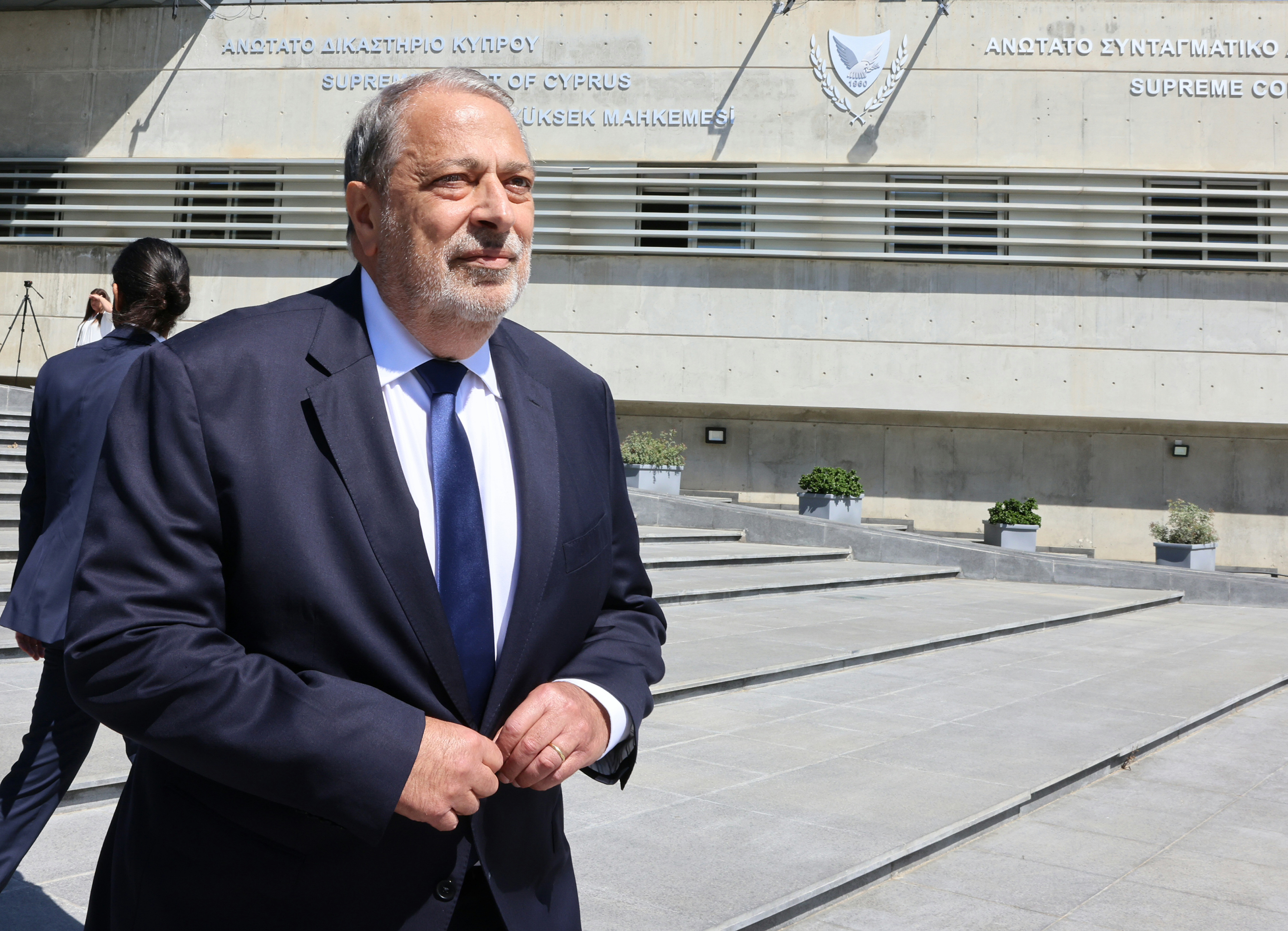A bill was submitted to parliament by the government on Thursday which foresees the division of the role of attorney-general into two.
If passed, the bill will establish the position of a director of public prosecutions (DPP), with both the attorney-general and the DPP to have deputies.
The attorney-general will remain as the state’s legal adviser and the head of the legal service, while the DPP and their deputy will undertake the attorney-general’s current responsibilities relating to public prosecutions.
In addition, the bill foresees that all four roles will be limited to a single eight-year term. All will be required to retire either at the end of the term or on their 68th birthday, whichever is soonest.
The bill’s submission comes a week after cabinet had approved 38 bills relating to reforms of the legal service, while alongside the bill, an introductory report and a list of objections raised by incumbent Attorney-General George Savvides were also submitted for parliament’s consideration.
The introductory report states that the bill aims “to strengthen the independence of the prosecutorial role, which currently constitutes an integral part of the legal service, and the ability of its officers and public prosecutors to perform their duties with greater autonomy”.
It adds that the planned regulations are “consistent with the reports and recommendations offered by various European and international bodies”, including the Council of Europe’s Venice Commission, the European Commission’s rule of law report, and the Group of States against Corruption (Greco).
“The proposed regulations fall within the framework of the implementation of a broader modernising agenda on the part of the government, with aims to consolidate the principles of good governance within the structures and actions of the state,” the report states.
It adds that with this framework, the government aims “to renew and further optimise the mode of operation of important state institutions based on modern needs and good practices exhibited by other European countries, to strengthen the rule of law, transparency, and accountability”.
This, it said, will help the state “to regain people’s trust in institutions”.
The bill also includes provisions for the establishment, structure, staffing, and operations of the DPP’s office, with existing public prosecutors and the anti-money laundering unit (Mokas) set to become employees of the DPP’s office.
It therefore also provides for the creation of a transitional appointments committee while the transfer to the new system is being carried out.
If passed by parliament, the new law will come into force on December 1, 2027, with the exception of the term limit provision, which will come into force when the constitution is amended to allow it.
Savvides’ objections included the opinions of the committee of experts he had convened to examine the plans.
Of the seven experts he had called upon, only three consider the bill to be constitutional, while one of the three said that he nonetheless disagrees with the plan.
Savvides wrote that “the goal pursued by the separation of powers … could be achieved through an internal arrangement, by assigning responsibilities”, suggesting that the legal service be divided into a “head of the criminal sector” and a “head of legal advice”.
This, he said, could be done “without drastic constitutional intervention”.
He added that he maintains “serious reservations regarding the constitutionality of the reforms”, including the government’s plans to invoke the “doctrine of necessity” to change the constitution.
The “doctrine of necessity” was borne out of the effective collapse of the bicommunal Republic of Cyprus as constitutionally envisioned in 1963 with the ejection of Turkish Cypriots from their constitutionally mandated positions within the state.
It allows the Greek Cypriot community to unilaterally amend the Republic of Cyprus’ constitution in cases where “sufficient justification” is provided, given that ordinarily, a constitutional amendment would have required the approval of both the Greek Cypriot community and the Turkish Cypriot community.
In the case of legal service reform, Savvides argued that the case for sufficient justification may be met with legal challenge.
“As the attorney-general today and the defender of legality, the rule of law, and public interest, I consider it my duty, at least at this stage, to point out the constitutional visible risks which may arise in the event that the proposed bills are passed with enormous, insurmountable, I would say, negative consequences in the event of a successful challenge to their constitutionality,” he wrote.
He had issued similar warnings last month, saying there should be a “serious reflection regarding the absence” of involvement from the Supreme Constitutional Court at the early stage of the bill’s creation and warning of “serious constitutional issues” possibly arising if the reform is implemented without the court’s express approval.
“Imagine the difficult position in which we will find ourselves if the first complaint and prosecution filed by the DPP, an issue of constitutionality, is raised, and the Supreme Constitutional Court rules that what we did was wrong,” he said.
He said this matter “requires special attention” and that the Supreme Constitutional Court is “the only one competent to judge on the merits and the constitutionality” of the reform.






Click here to change your cookie preferences